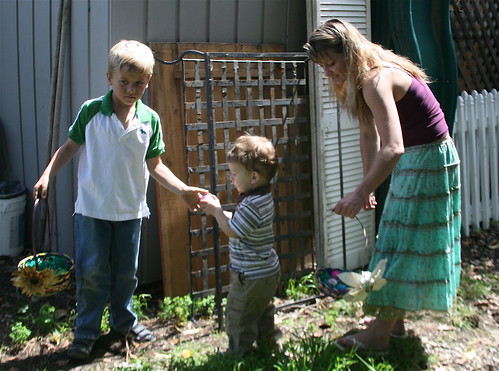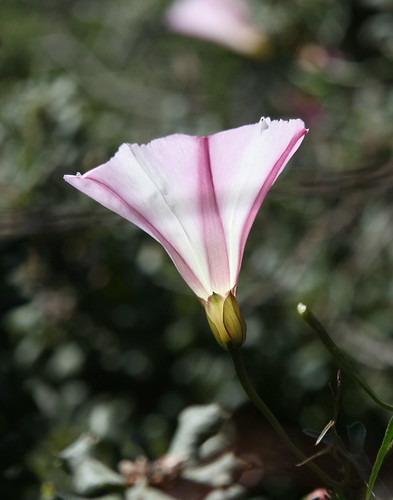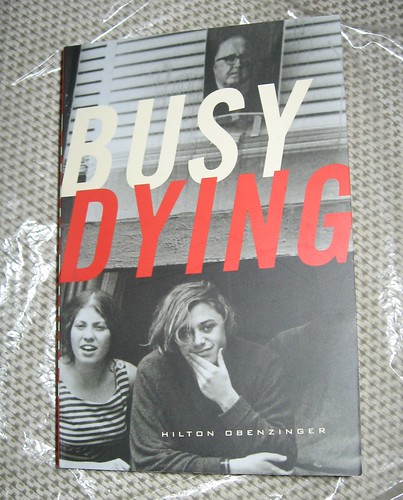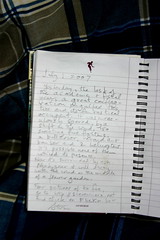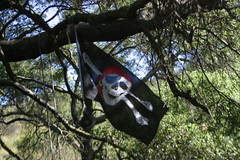An Address to the Estero Bay United Methodist Church
October 19 2008
Introduction
Thank you for inviting me here to speak today. I’m honored to be part of your series on Religion and the Environment.
I’ve taught courses at Cal Poly on Environmental Literature and on the Bible as Literature and in Literature. This is a place where those topics converge.
Two Books: Scripture and Nature
There’s a powerful idea set forth in the writings of St. Augustine and earlier, that God created the universe as two books: the book of Scripture and the book of Nature. Scripture and Nature are both expressions of God’s word; both are intelligible codes that decipher and reinforce one another. This idea of the two books has been propounded by thinkers who attempt to reconcile theology and science, from St. Thomas Aquinas in the twelfth century and Galileo in the seventeenth, to present day exponents of creationism and intelligent design.
But rather than as philosophy or theology, I’d like to explore the idea of the two books as a poetic metaphor”a figure of speech that stimulates the imagination. Here it is elaborated in Psalm 19:
The heavens declare the glory of God;
the skies proclaim the work of his hands.
Day after day they pour forth speech;
night after night they display knowledge.
There is no speech or language
where their voice is not heard.
Their voice goes out into all the earth,
their words to the ends of the world.
In the heavens he has pitched a tent for the sun,
which is like a bridegroom coming forth from his pavilion,
like a champion rejoicing to run his course.
The statement that the heavens express the greatness of God includes an enthusiastic outpouring of figurative descriptions of the sun: it’s a bridegroom before or after consummating his love, it’s a race horse in action. These go beyond just elaborating the point about God. With sound effects and imagery they awaken the experience of the sun’s brilliance and energy in the reader’s mind. Both nature and the author of scripture are exuberant poets. Both the world and the word are books of poetry.
A close look at its language as poetry illuminates the first chapter of the Bible, Genesis 1. It chronicles the process of the creation as an orderly, intelligible, symmetric, and progressively more complex sequence of steps, each building upon the previous one.
And it characterizes the process as the creative effort of a poet:
the earth was formless and empty, darkness was over the surface of the deep, and the Spirit of God was hovering over the waters. And God said, “Let there be light,” and there was light. God saw that the light was good, and He separated the light from the darkness. God called the light “day,” and the darkness he called “night.”
The creator starts with a dark confusion over which he hovers tentatively, gathering his wits, perhaps waiting for inspiration. Then he finds words, then he utters words, then he materializes the words, then he evaluates the outcome, then he names his first creation like the title, or a section of a larger structure.
Genesis dramatizes the work of the creator in carrying out this process: it is deeply satisfying. He regards each of his accomplishments separately as “good,” and at the conclusion of the whole process, “God saw all that he had made, and it was very good.” The effort is also depicted as tiring. “By the seventh day God had finished the work he had been doing; so on the seventh day he rested from all his work.”
The language of the narrative draws attention to itself, becoming more expansive and lyrical as the story proceeds from the 48 sparse words of the first day, which differentiate light and darkness, to the sixth day’s 260-word description of the ecological web of relationships among all living creatures. Yet it also retains a uniform pattern of meter and parallelism to emphasize the coherence between the parts and the whole.
(more…)
